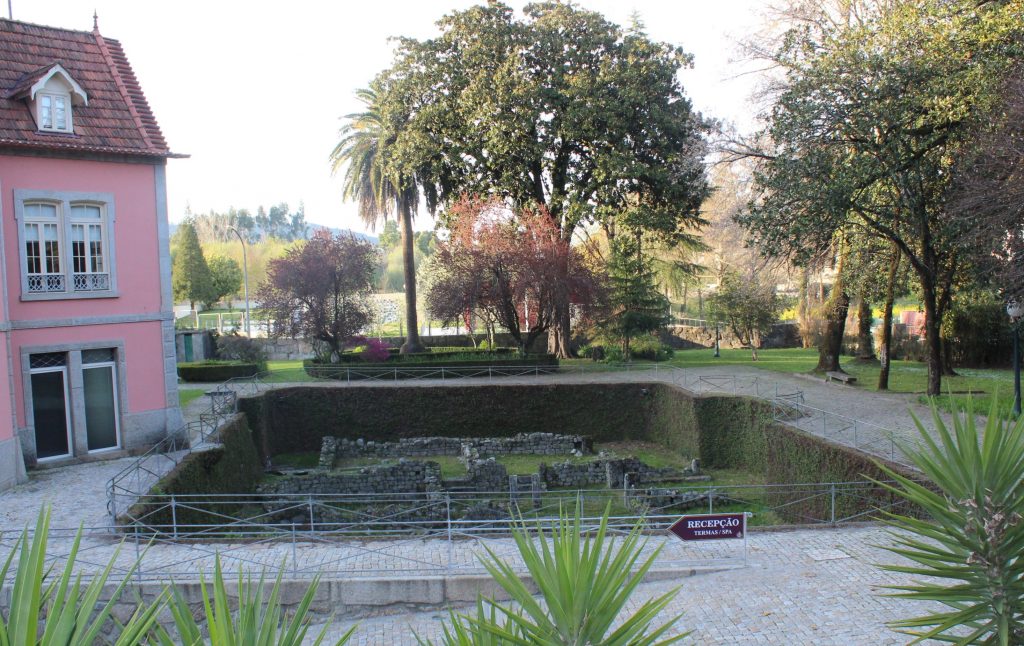[…] perpaucis diebus in Pompeiano, post in haec Puteolana et Cumana regna renavigare. o loca ceteroqui valde expetenda, interpellantium autem multitudine paene fugienda!
[…] A day or two in Pompeii, then back over the water to these realms of Puteloli and Cumae. Most desirable spots they are, if only it were not for the droves of visitors whose interruptions make them almost best avoided.
[…] muy pocos días en la finca de Pompeya; luego volver por mar a estos reinos de Puteoli y Cumas. ¡Qué lugares tan deseables por lo demás, pero casi rehuibles por la multitud de importunos!
Commentary
Cicero praises Puteoli and Cumae, while lamenting the abundance of annoying people they attract.


